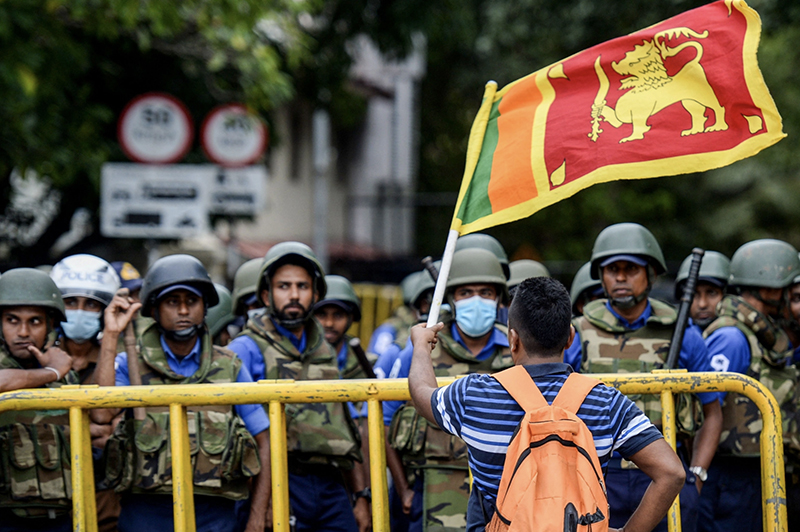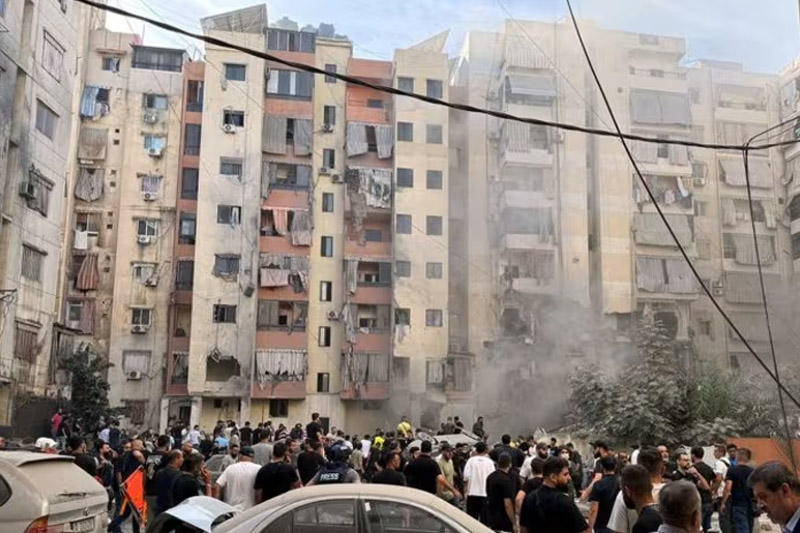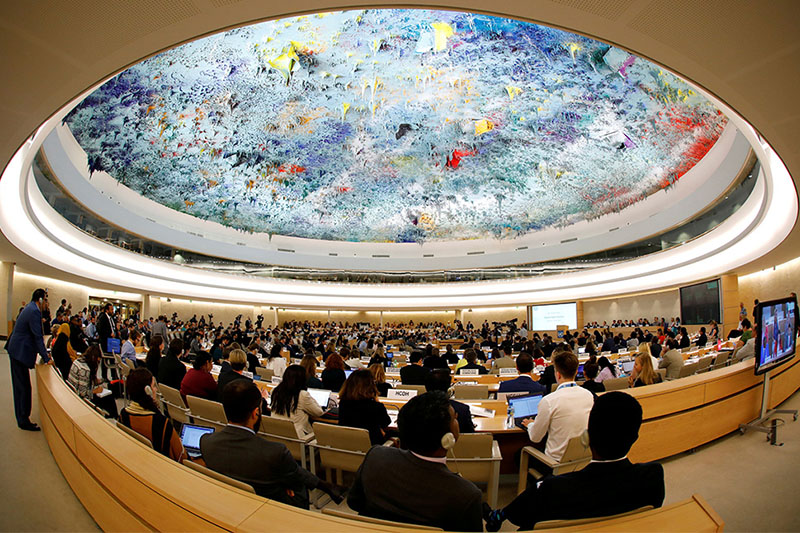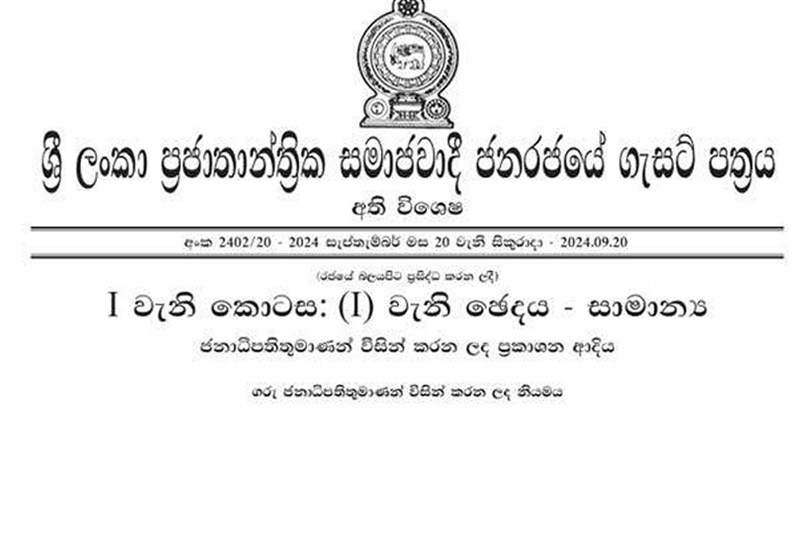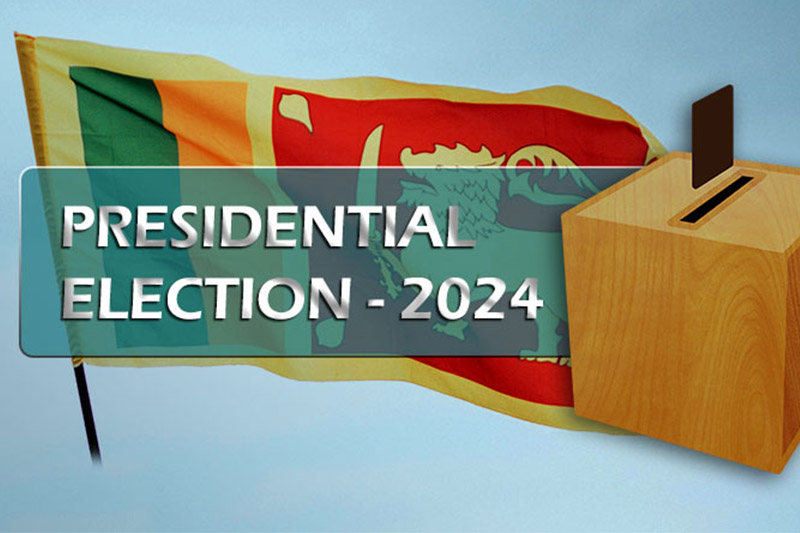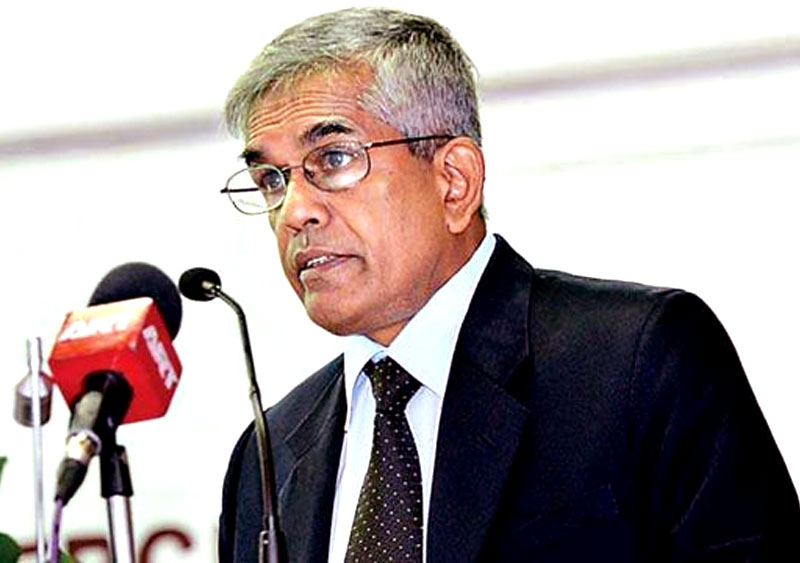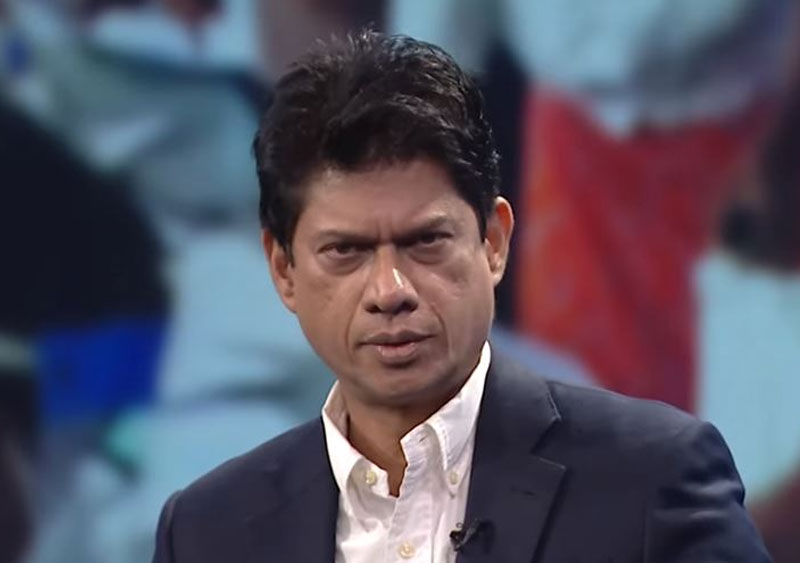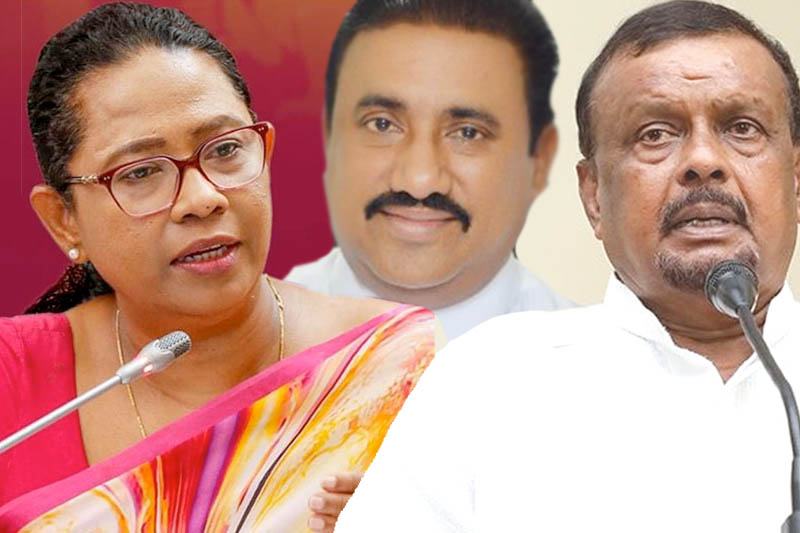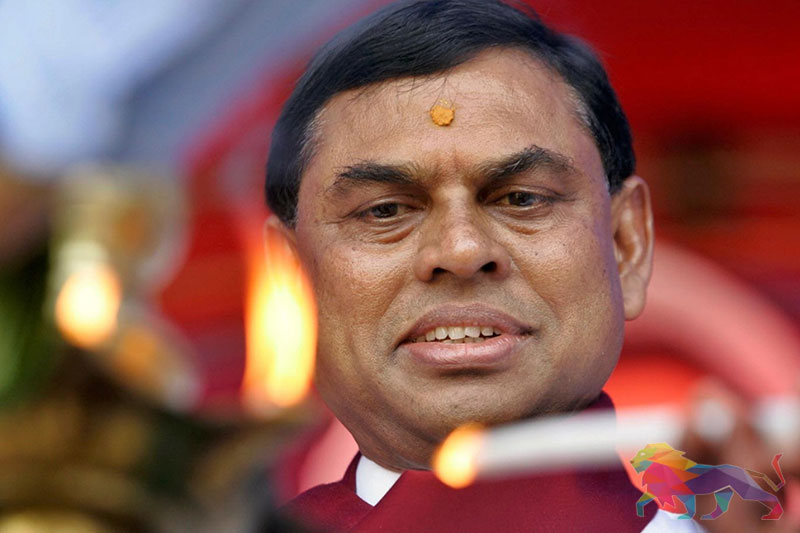Sri Lanka is among the countries where people took to the streets to protest against injustice, deprivation and discrimination, but were met with intense crackdowns and excessive, sometimes lethal, force, said Amnesty International in its report for 2022/23.
The failure of global and regional institutions – hamstrung by the self-interest of their members – to respond adequately to global conflicts, climate change and global energy and food crises has disrupted an already weak multilateral system, AI said as it launched its annual assessment of human rights around the world.
‘The State of the World’s Human Rights’ found that double standards on human rights abuses taking place around the world fuelled impunity and instability, including deplorable lack of meaningful action on the plummeting human rights record in Afghanistan, inadequate responses to a spiralling economic crisis in Sri Lanka and the refusal to confront the crackdown on dissent and persecution of minorities in multiple South Asian countries.
“The Universal Declaration of Human Rights was created 75 years ago, recognising the inalienable rights and fundamental freedoms of all people.”
“Global economic dynamics and shifting power structures are unleashing chaos in which it is easy to lose sight of human rights. As South Asia sits on the brink of a volatile and unpredictable future, it is important now, more than ever, to keep rights squarely in the centre of all negotiations and conversations,” said the report.
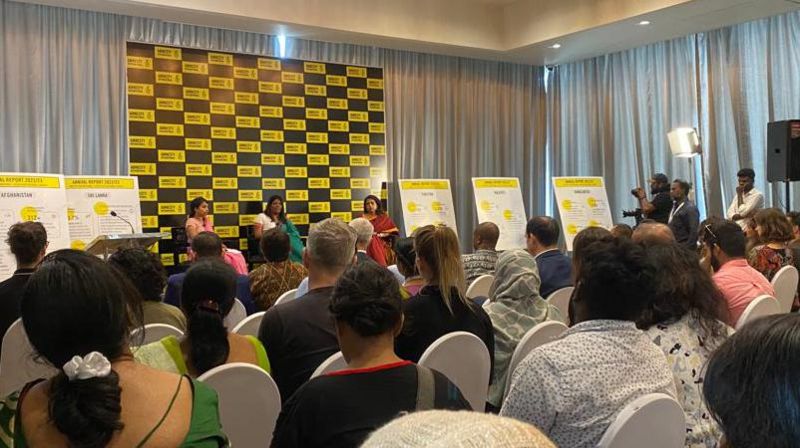
In Sri Lanka, AI’s senior director Deprose Muchena said, emergency powers were used to curtail mass protests.
“The police used live ammunition, tear gas and water cannon against largely peaceful crowds protesting against the spiralling economic crisis, causing deaths and injuries.”
“Protesters in Sri Lanka were arrested, arbitrarily detained and charged with terror-related and other offences,” he said.
“South Asian countries seem to apply human rights law on a selective basis in a staggering show of blatant hypocrisy and double standards. They only criticise human rights violations when it aligns with their global and regional politics but are mute spectators to similar abuses at their own doorstep just because their interests are at stake. It is unconscionable and undermines the entire fabric of universal human rights," said AI’s regional director for South Asia Yamini Mishra.
AI also said that economic crises fuelled by pandemic-related recession, economic mismanagement and climate change induced disasters within and beyond the region severely affected economic and social rights, including in Afghanistan and Sri Lanka, where food, healthcare and an adequate standard of living became increasingly inaccessible.
In Afghanistan, the spiralling economic crisis plunged 97% of the population into poverty, while in Sri Lanka, inflation exceeded 73% in September 2022 with the poorest and most marginalised suffering the greatest consequences.
The devastating costs of the unchecked climate crisis were made abundantly clear in 2022.
“South Asia is besieged by an onslaught of intersecting and interconnected crises including ‘man-made’ crises - with at least three countries in the region in the middle of an economic crisis and burdened with high debts - and natural crises, with South Asia often being ground zero for extreme heatwaves to destructive widespread floods.”
“We stand no chance of surviving these crises if our national and international institutions aren’t fit for purpose,” said Yamini Mishra.
AI added that the Russia-Ukraine war diverted resources and attention away from the climate crisis, other long-standing conflicts and human suffering the world over and in South Asia in particular.
The West’s double standards only embolden and enable countries to evade, ignore and deflect criticism of their human rights record.
“There is no denying that an effective and consistently applied rules-based international order is the need of the hour.”
“The double standards of wealthy nations are as evident in their sickening COVID -19 vaccine nationalism as it is in their large contribution to climate change.
As South Asia increasingly becomes ground zero for many climate emergencies, it further highlights the need for reparations for loss and damage in these nations with greater investment in global reduction in dependency on fossil fuels.
“We also need countries, including in South Asia, that have so far failed to take a stand against human rights abuses in the world to speak up now before it is too late for everyone, everywhere,” senior director Deprose Muchena added.


